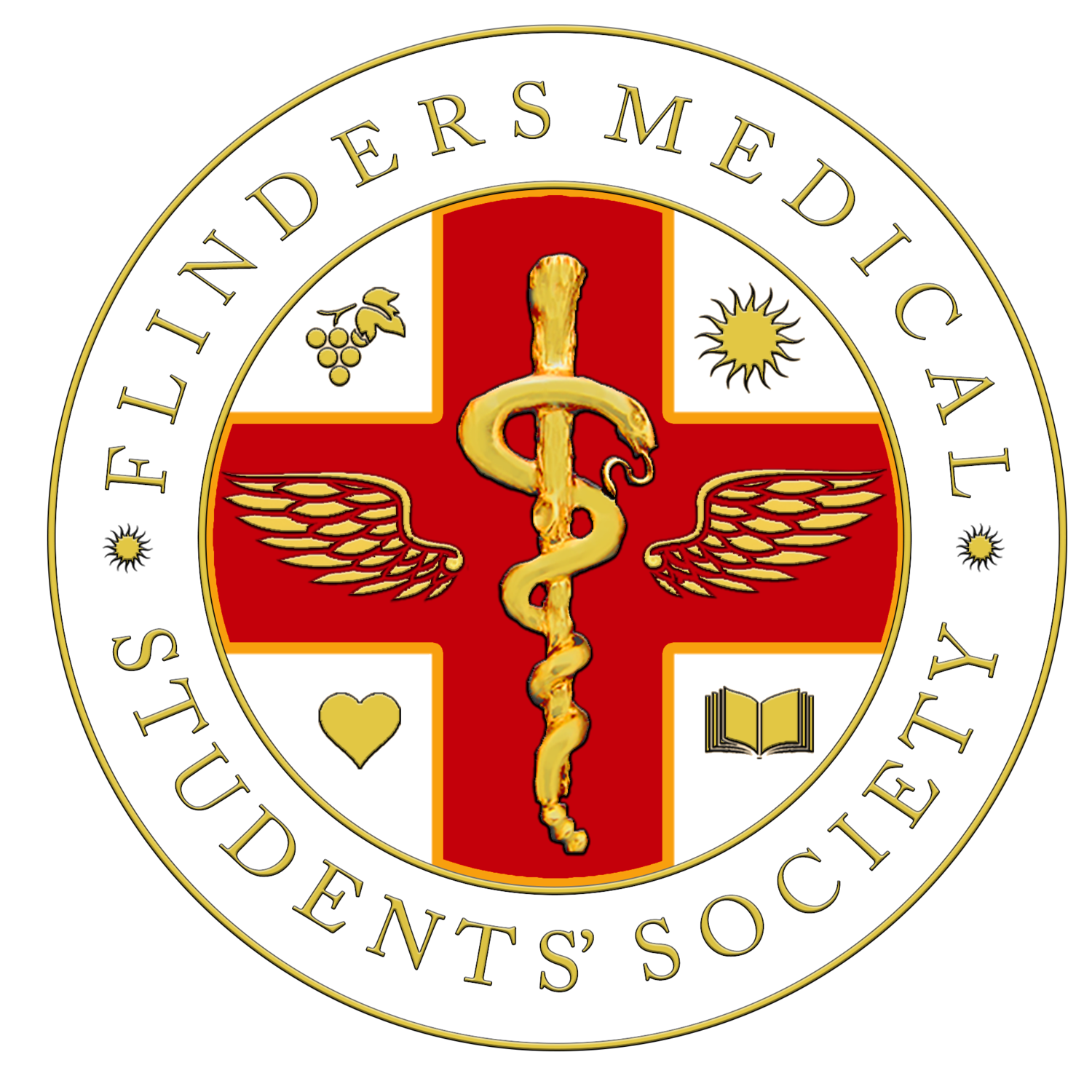Science Background students:
Don’t assume you know the basics;
Don’t rote learn, what worked in undergrad – doesn’t work in med.
Try not to get too bogged down in science – it’s not always the molecular mechanism level that you need to know but the bigger concept.
Think more clinically. Always consider when studying, if this is how this normally functions, what may happen when things go wrong?
Non-Science backgrounds:
The first few weeks might feel overwhelming, don’t stress about being behind.
Upper years will usually run peer teaching sessions every week covering and summarising the content of that week, so attending is a great way to reinforce your understanding and ask questions.
Form a group and support each other.
Utilise your lecturers and subject coordinators. They are more than happy to help and would prefer you let them know early you struggled to understand a concept than leaving it too late.
Many of the textbook suggestions will be complex, so don’t feel silly to start with basic physiology and anatomy books, or the wonderful 'Crash Course' or 'At a Glance' series. Layer your knowledge like a fine wedding cake.
Try not to overwhelm yourself with small details: science can be very specific, so try to think of the big picture.
Find how that bit of science is clinically relevant, textbooks often have little side boxes or ‘clinical focus’ pages. That will let you know which parts are important to remember.

